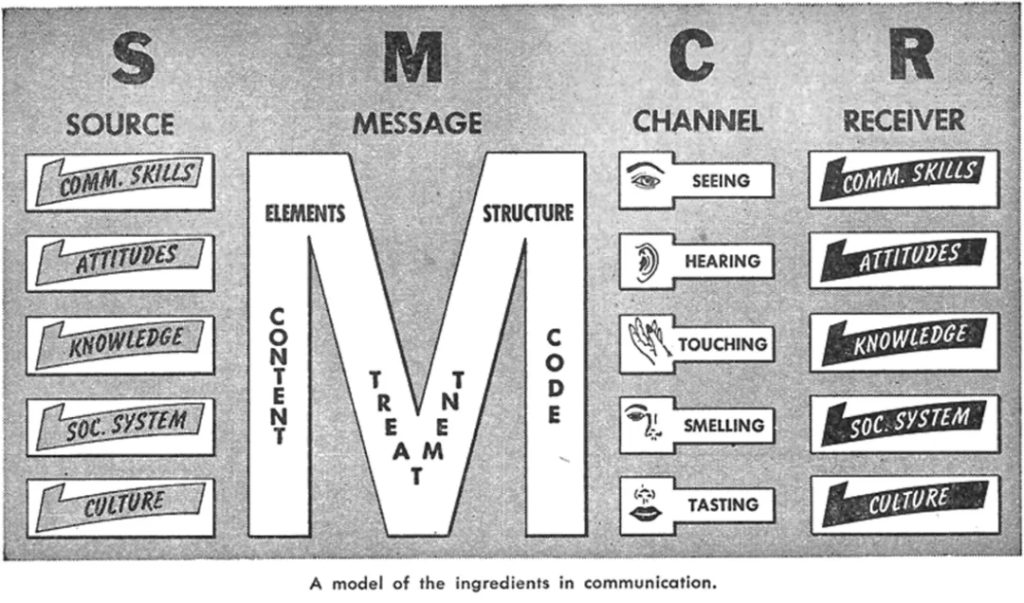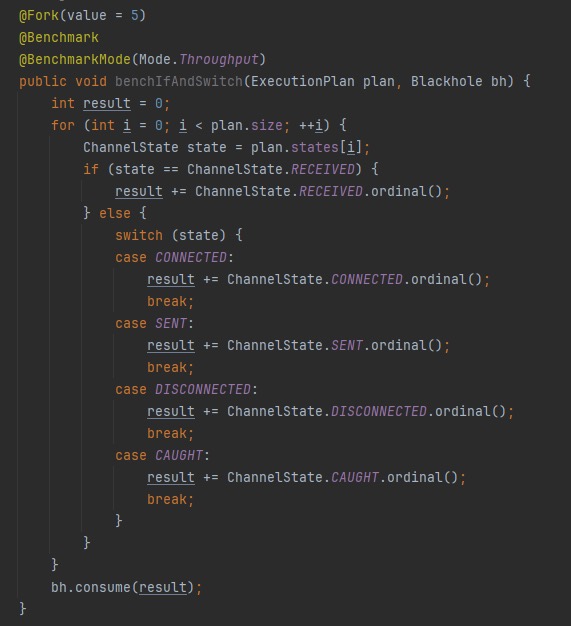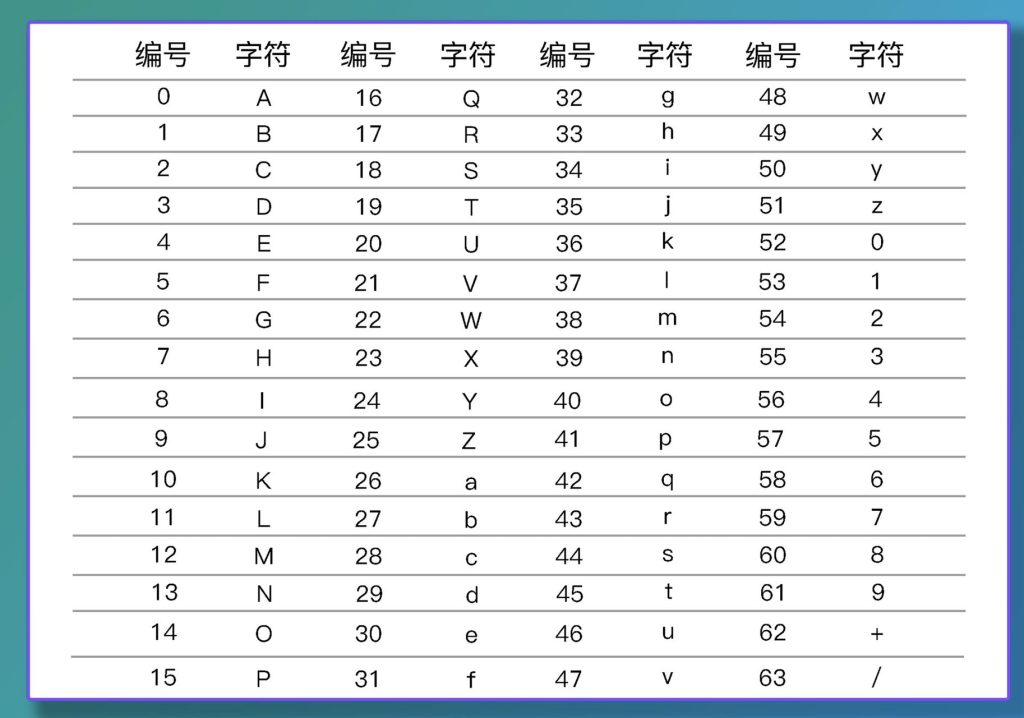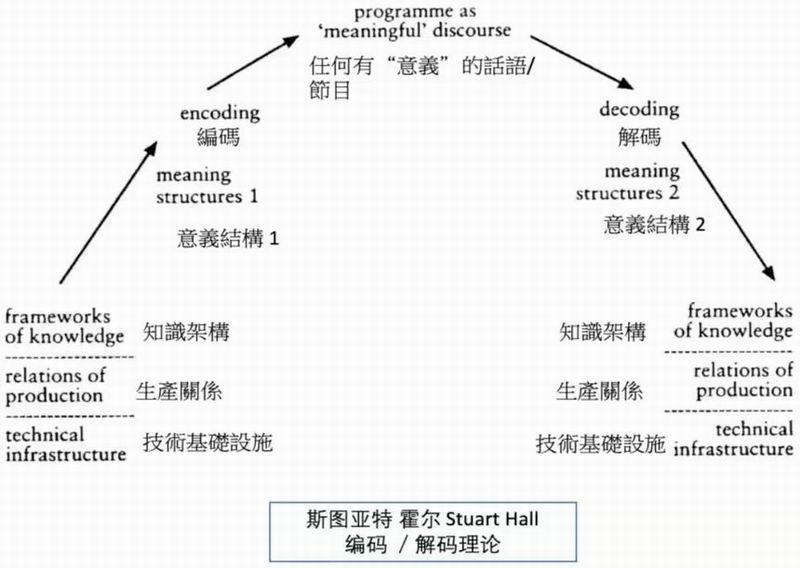The encoding and decoding have always been profound and obscure topics in people’s lives. Something like games, programs, software, and so on that ordinary people may find difficult are simply the result of a pile of code combinations. For example, Stuart Hall’s encoding and decoding theory is just an important theory in cultural studies, which describes the production, dissemination, and reception processes of media information. So we can easily see that the encoding and decoding are very important in our daily lives, so what are the encoding and decoding and how they influence people’ lives and the media, there are some ideas of me.

To understand what encoding and decoding are, one must first start with one of them. Encoding refers to the process of transforming information, data, signals, or knowledge into another form or symbol for the purpose of transmission, storage, or processing. The purpose of encoding is to process or transmit information more effectively. This is what encoding represents, so what is the decoding, I think they are the opposite. Decoding is the inverse process of encoding, which refers to the process of converting encoded information, data, or signals back to their original form or meaning. The purpose of decoding is to restore the original state of information, making it meaningful to the user or receiver. They are working together to handling information and communication, they ensure that the program or software can run normally at the same time. Let’s back to Hall’s theory, it is used to explain how media content such as television news is produced and disseminated, and how audiences interpret this information.

In today’s rapidly developing society and technology, encoding and decoding have emerged and are ubiquitous, influencing people’s lives in various ways, so what are their specific manifestation? In some aspects, I think they are particularly important. First is about the communication. When we need to send text messages, emails, or make video calls, the information needs to be encoded into digital signals, transmitted over the network, and then decoded at the receiving end to make the entire process work. They make people’s lives more convenient. Next is about the entertainment. Video and audio signals need to be encoded before playback, transmitted through broadcasting or streaming media, and then decoded and played on television or computer, also when we play the cheerful music, it will be them. Then is the daily life. People always use the QR code to add friends, make payment, or obtain information in daily life, and the barcode and QR code on the product are encoded information that will be decoded when scanned to quickly identify product information. Last is in the scientific research, we need repeated data to support our research in the scientific experiments and these are externalizations of encoding and decoding. All in all, the development of encoding and decoding technologies has improved the efficiency of information processing, reduced communication costs, and enhanced data security, they are playing the important roles in people’s lives now. Similarly, Stuart Hall’s theory has a similar effect to it. His encoding and decoding theory emphasizes the diverse interpretability of media content and points out the audience’s initiative and diversity in the process of information reception. This theory has had a profound impact on later media research, communication studies, and cultural studies.

So what should people do to adapt and understand these technologies better, there are also some thoughts of me. Firstly, we need to learn and understand the basic concepts of encoding and decoding. It’s not necessary of us to be proficient, but at least we should understand them. Secondly, we must enhance safety awareness, understanding how to use encryption technology to protect personal and sensitive data, as well as learn how to identify and prevent coding related security threats such as network attacks, data breaches and so on. Thirdly, we should adapt to digital life and conform to social trends, understanding the impact of encoding and decoding in media and information dissemination. Also, we need to maintain an open and critical attitude, while also considering the possible interpretations of different audiences, in order to better understand and apply classic theories such as Hall’s theory.

These are my thoughts on encoding and decoding, it’s important that we need to use these technologies better while protecting our data and privacy, improving quality of life and work efficiency. At the same time, it’s necessary to treat these theories correctly and let them serve us.


In this article, you mentioned encoding and decoding. You analyze what coding and decoding are and how they affect people’s lives and media. Your definition of encoding and decoding is that encoding refers to the conversion of information, data, signals or knowledge into another form or symbol. The purpose of coding is to process or transmit information more efficiently. So what is decoding? Decoding is the inverse process of encoding. The purpose of decoding is to restore the message to its original state and make it meaningful to the user or receiver. You made four clear points. The first is communication, followed by entertainment, then daily life, and most nurse science research. I agree with your summary, all in all, the development of codec technology has improved the efficiency of information processing, reduced the cost of communication, enhanced the security of data, and played an important role in people’s lives. You also introduce how to better understand these two concepts. You mentioned that firstly, we need to learn and understand the basic concepts of encoding and decoding, secondly, we must increase our security awareness and understand how to use encryption technology to protect personal and sensitive data, and finally, adapt to digital life and go with the tide of society. This is a clear article.